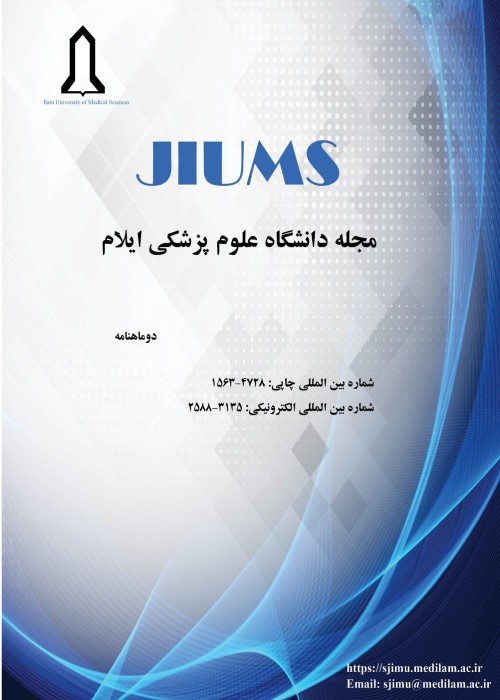Comparison of the Effects of two Interventional Programs of Group Cognitive Therapy with Group Islamic-based spiritual Intervention in Palliative care on Quality of life, Anxiety, and Depression inpatients with Breast Cancer
Studies investigating effects of spiritual interventions on the quality of life, anxiety and depression in patients with breast cancer are insufficient and contradictory. Therefore, this study aimed to compare the impact of spiritual intervention based on Islam with group cognitive therapy in palliative care on the quality of life, anxiety and depression in women with breast cancer.
A total of 26 Muslim women with breast cancer aged 36-58 years participated in this study with a pre (Mid) and posttest design, as well as a follow up and a control group. They were selected from the patients referred to Ala cancer prevention and control center in Isfahan, Iran, and the oncology ward of Mustafa Khomeini Medical University Hospital in Ilam, Iran, during 2018. Subsequently, they were randomly assigned to experimental and control groups. The experimental group received eight weekly sessions of Islamic-based intervention. On the other hand, the control group received group cognitive therapy based on the Free model as standard therapy in the same sessions and at the same time.
Quality of Life Inventory and Hospital Anxiety and Depression Scale were utilized to collect data. The data were then analyzed using repeated measures ANCOVA. Ethics code: IR.IUMS.REC.1396.1031
According to the results of repeated measures ANCOVA, Islamic-based intervention showed no statistically significant differences in terms of quality of life, anxiety, and depression scores. However, regarding the clinical significance perspective, an improvement was observed in anxiety scores in both groups. In other words, 61.53% of participants in both groups obtained a significant reduction in anxiety level. Considering the improvement of depression levels, cognitive group therapy was more effective than Islamic-based intervention in the reduction of depression levels (76.42% vs 53.48%).
According to the findings, regarding the clinical significance perspective, Islamic-based intervention decreased anxiety and depression levels significantly; however, the data showed no improvements in the quality of the life of the patients.
- حق عضویت دریافتی صرف حمایت از نشریات عضو و نگهداری، تکمیل و توسعه مگیران میشود.
- پرداخت حق اشتراک و دانلود مقالات اجازه بازنشر آن در سایر رسانههای چاپی و دیجیتال را به کاربر نمیدهد.


